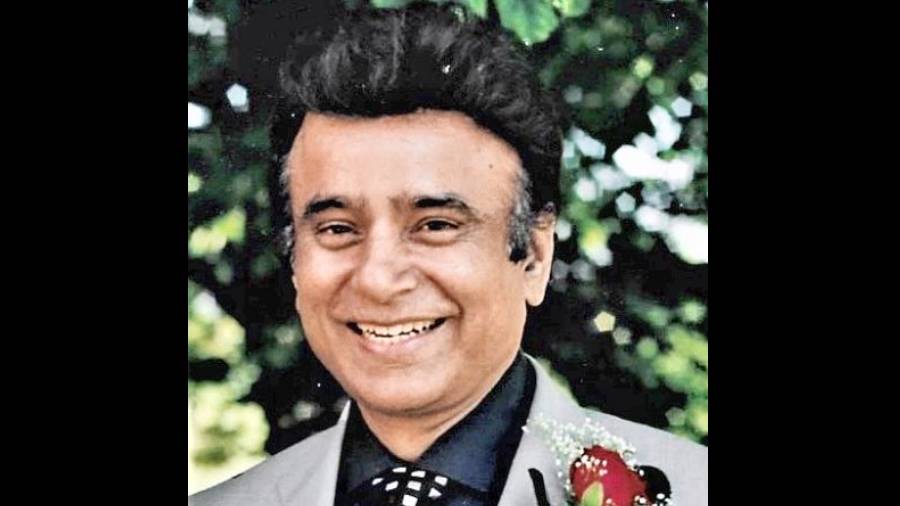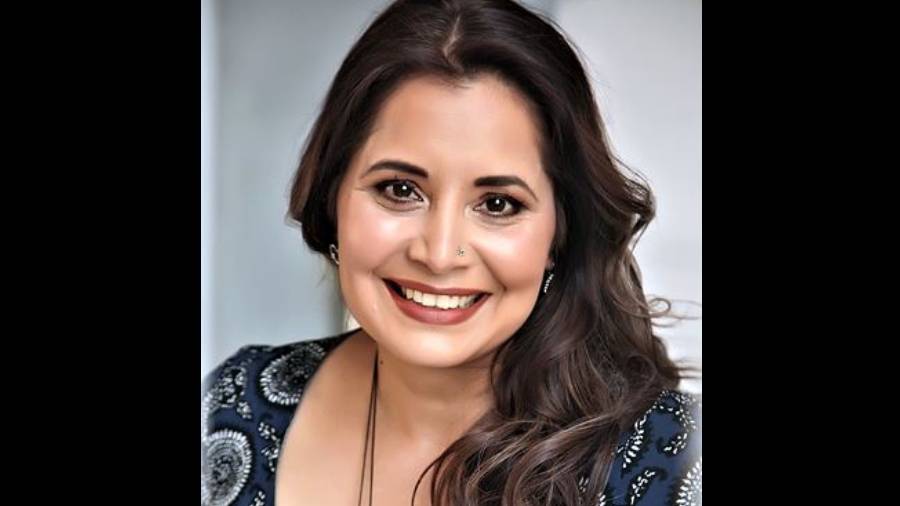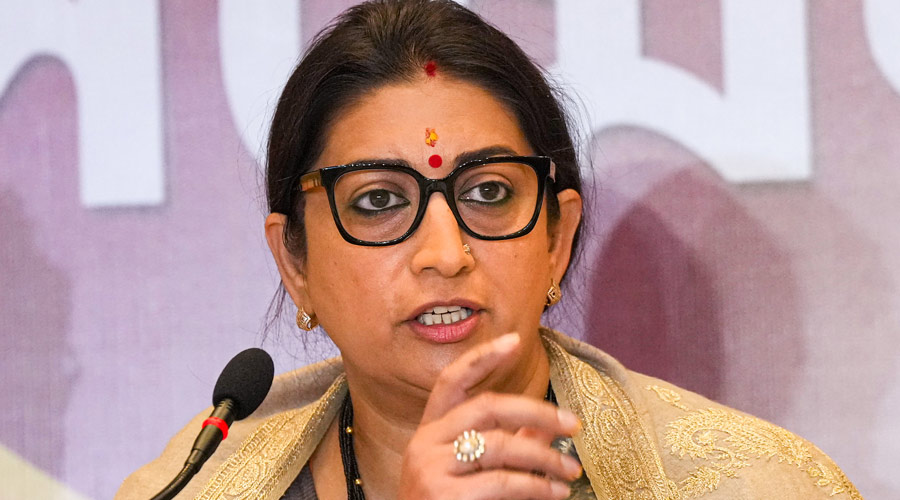Malini Mehra has explained why she is convinced that her late father, Madhav Mehra, a lifelong RSS member, would have been out of sympathy with communal trends in modern India.
Malini caused a stir last week when Rahul Gandhi addressed the Royal Institute of International Affairs at Chatham House in London when she admitted “feeling wretched about the state of my country”.
She had also said: “My father was an RSS man, proudly. He would not recognise the country (today), bless his soul.”
As a consequence, Malini said she had been subjected to “all sorts of attacks and threats against me. It’s been quite appalling. This is not what one should expect in a self-confident country, which is able to face criticism from independent-minded Indian citizens.”
Malini has since set out her reasons for placing herself in the firing line. Her question to Rahul about what she could do “to reanimate our democratic institutions” was “very spontaneous”, she said.
Malini added: “There’s been a lot of quite lurid speculation about it being a planted question. But my question was really prompted by my sense of despair about what’s happening to my country and putting it in the context of my own life and my family’s history. And that’s why I referred to my father.” But the mention of her father “has really touched a nerve amongst the Hindutva brigade in India”, she went on. “And they’ve come after me like a lynch mob.”

Madhav Mehra File Photo
She said her father, who passed away in March 2011, was a distinguished businessman and an IAS officer who founded the Institute of Directors in India after having worked for Eastern Railway. He had many friends in the BJP – “(L.K.) Advani came to my wedding in Delhi at the height of the Kargil War”.
“My father was an RSS man but not a bigot,” she summed up. “He did not spend his life seeking a Hindu Raj, but a modern India. He had friends and colleagues from across the religious divide. But perhaps he was old school and still tied to our nation’s ideals of democratic pluralism. As I said to Mr Gandhi, I do not think that he would have recognised today’s India which has descended into violent communalism and the shredding of our pluralistic culture.”
Malini is the London-based chief executive of Globe International, “a cross-party network of parliamentarians dedicated to improving governance for sustainable development” that was “founded in 1992 by then Senators Al Gore, John Kerry and their counterparts in the European Parliament”. But she emphasised: “I am speaking strictly in a personal capacity. I was at Chatham House at the invitation of the organisation as someone who works in the international affairs field. My remarks to Mr Gandhi were as an Indian citizen living abroad. I’m an independently minded person. I’m not in the pay of anyone. I’m not affiliated to any political party, and I feel it’s my duty to speak up.”
To this day, Malini, who was born to a Punjabi family, considers herself “a Calcutta girl”. She said: “I led a very peripatetic life as a young child. We would go to the UK every two years. I was born and raised in Delhi and moved to Calcutta when I was nine or 10. I was in Calcutta International School, not the new shiny one (but) the old one in Lee Road. And then I went on a scholarship to the US to Smith College. And then I went to the UK to the Institute of Development Studies (at Sussex University).”
She said she grew up “near Flurys” in Park Street in Calcutta. “My home went up in flames. You remember that godawful fire in 2010? That was my home on the fourth floor of Stephen Court.” Malini has chosen to reveal painful personal details of her own relationship with her father.
“I was quite estranged from him because we did not share the same outlook politically,” she said. “My political outlook is entirely opposite from my father’s, I hasten to add. He had very critical views about Nehru. I did have discussions about politics from a very young age, healthy discussions about the history of India. Despite our differences, I feel confident in making the assertion that I did because I knew my father’s political background. I knew his commitment.”
She has tried to understand what drew her father to the RSS. “He was RSS, man and boy. He came to manhood through the RSS. He was born into poverty, virtually, in Himachal Pradesh. And the RSS was one of the very few organisations that provided a community for young boys, in particular, in a rural, deprived, backward part of India. And I wanted to mention that because people associate the RSS only with the fascist organisation that it has become.
“My father was a patriot, a BJP supporter all his life. He was someone who would have been disappointed at how India’s international reputation has been tarnished by the rise of a very hateful fundamentalism in our country. “This is the real India, an India that few people want to talk about but we have to name the problem. We can’t hide from it. And the world now sees it especially through the BBC documentary, which was eye-opening for so many. The rise in communal hatred is something that’s been kept from the international public.”
Malini added: “While my father was an RSS man, my(maternal) great-uncle was Pyarelal Nayyar, who was a personal secretary of Mahatma Gandhi. I’ve been exposed to the RSS mindset. But I also know that half of my family were devoted Gandhians. They did not come from a party that created Nathuram Godse.”












